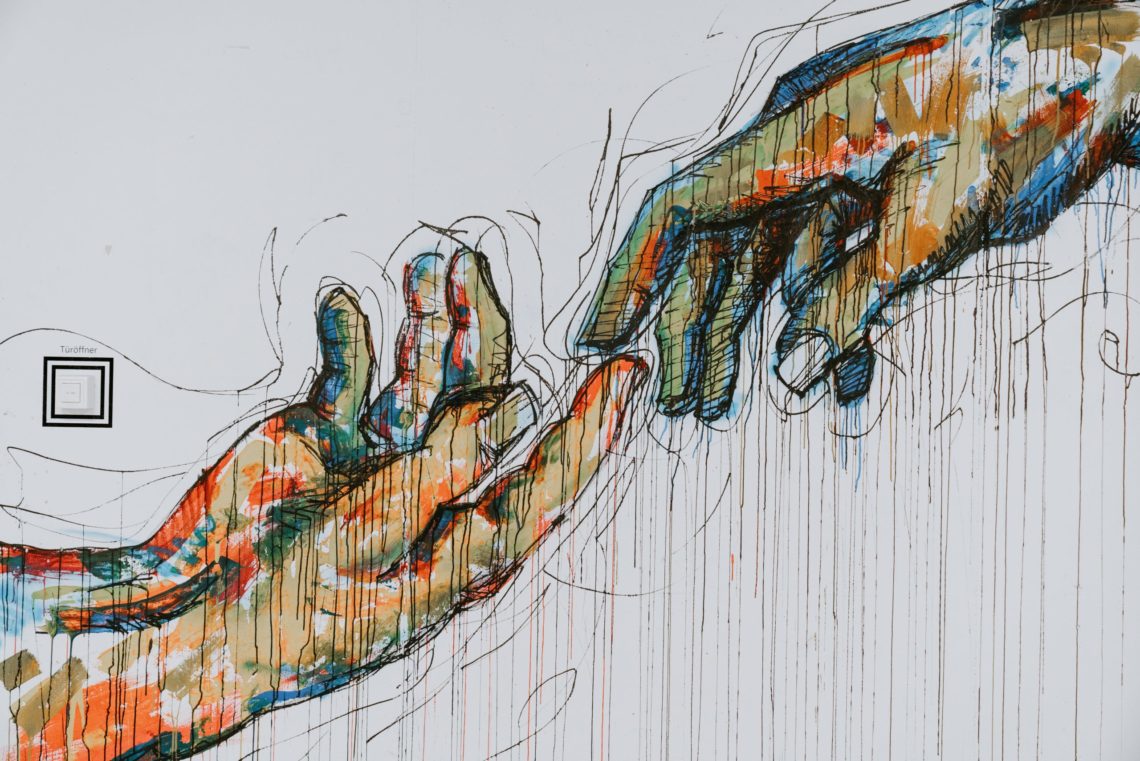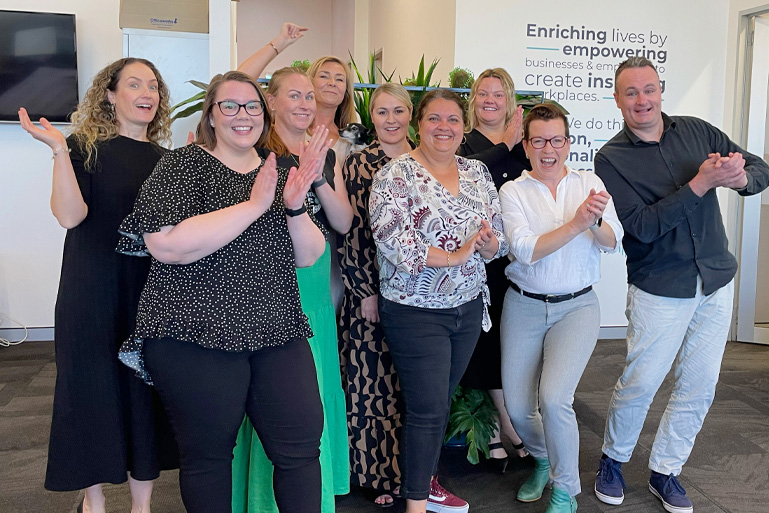A day all Australians are called to reflect on the true history of the country and move toward healing.
Every year May 26 is National Sorry Day.
A day when all Australians are called to reflect on the true history of the country and take steps toward healing.
Read on for a short history of the day and how you can support your employees on National Sorry Day.
Why May 26?
The date is significant as this is when the Bringing Them Home report was first put before parliament in 1997.
The report details the trauma, grief, and loss caused by the forcible removal of children, known as the Stolen Generation. The effects of this still reverberate in the community and their families, today.
It also details the stories of the children who never came home.

Some hard statistics
- Stolen Generation survivors are 1.9 times as likely to be unemployed, compared with the general non-Indigenous population.
- Stolen Generation descendants are 2 times as likely to be discriminated against in the past 12 months, compared with other Aboriginal or Torres Strait Islander adults.
- Stolen Generation descendants are 1.4 times as likely to have a low level of trust in the community, compared with other Aboriginal or Torres Strait Islander adults.
- Stolen Generation descendants are 1.3 times as likely to have poor mental health, compared with other Aboriginal or Torres Strait Islander adults.
The message of National Sorry Day
The Healing Foundation, a national Aboriginal and Torres Strait Islander organisation established to give a voice to the Stolen Generation, has set out a clear message this National Sorry Day:
-
Commit to action
Last year, The Healing Foundation released a report, Make Healing Happen: Time to Act. This report sets out a plan to achieve lasting healing for Stolen Generation survivors as well as their families and communities. This includes things like designing specific support programs that will meet the complex needs of the Stolen Generation survivors and descendants.
-
Tell the truth about the history of the country
While telling the truth can be uncomfortable, given the atrocities committed, it is very necessary. The Foundation says, “the process [of truth-telling] is not about shame or guilt, but about driving positive change and acceptance.”
-
Build on strengths
This includes the culture, spirit, and status of all Aboriginal and Torres Strait Island peoples.
-
Do no harm
This is a collaborative, government, and community-led action where there are systems put in place to address intergenerational trauma.
-
End racism
No First Nations person should feel discriminated against.

How you can support your employees on National Sorry Day
Here are some suggestions on how you, in line with the messages from The Healing Foundation, can support your employees on National Sorry Day.
- Check-in with your staff.
- Hold space for how your staff feel.
- Lead with empathy.
- Open the discussion in the workplace about the true history of Australia. Education resources can be found here.
- Ensure your DEI plans and policies include special programs to support the complex needs of the Stolen Generation survivors and descendants.
- If you don’t have the knowledge or understanding to develop these complex programs, reach out to experts for help. This demonstrates a commitment to learning.
- Back up any policies or statements with action.
- Provide EAP programs to your staff to support better mental health practices.
- Reach out to Aboriginal or Torres Strait Islander community programs to see how you can support your community or collaborate to better support your staff.
- Make yourself accountable, especially regarding DEI targets or the success of programs that support Stolen Generation survivors and descendants. Report quarterly on your progress towards achieving better outcomes.
- Create opportunities for your staff to come together on National Sorry Day to talk about their lived experience, feelings or understanding.
- Encourage all staff to speak out about racism in the workplace.





